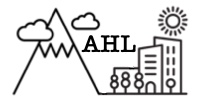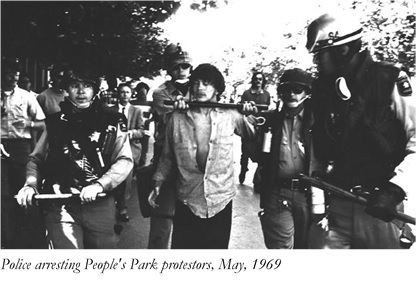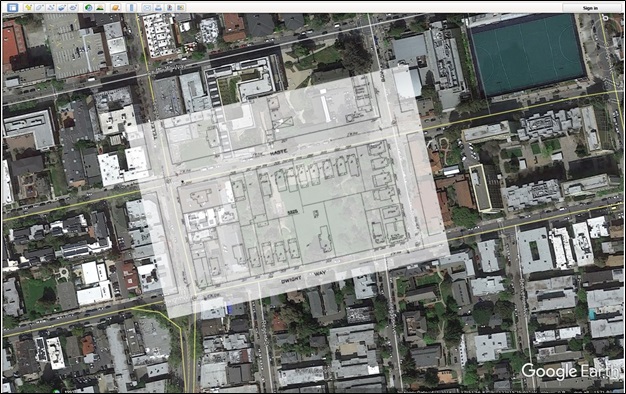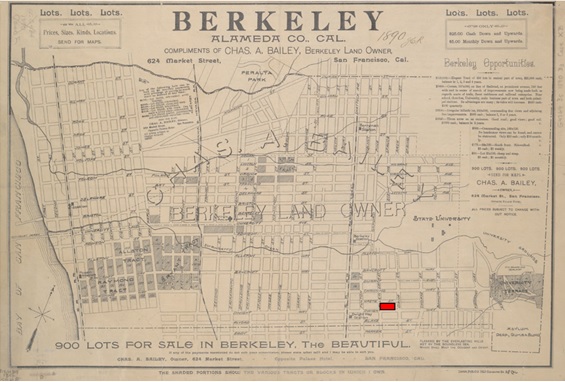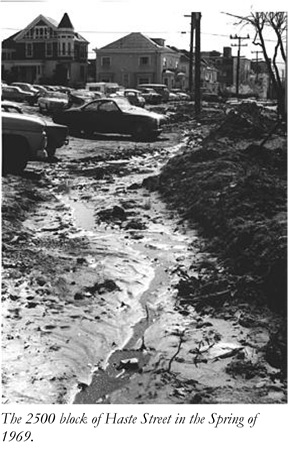
The period between 1960 and 1980 in Berkeley was marked by student-led protests, which attracted extensive media attention locally and nationally and vocalized Berkeley’s liberal and left-leaning views about social, civil, and environmental justice. The creation of public parks through activism like Chicano Park in San Diego, Poor People’s Park in Chicago, and Walden Park in Madison, Wisconsin was tangible result of widespread 1960s protests, which were part of larger anti-war and Civil Rights movements that rocked the United States at that time (Lovell 2018). The protests in Berkeley addressed those concerns while also contributing to ongoing local efforts to improve labor relations, address shifting housing and rent regulations, and increasing homelessness—topics that have been evergreen planks in Berkeley resistance ever since. The creation of People’s Park functioned as a site for displays of local activism.
